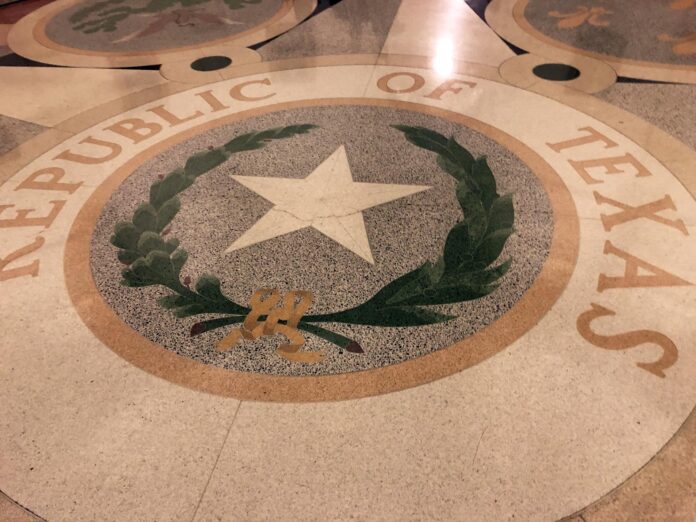Student papers have produced valuable articles that brought attention to talented students or help organizations find support for endeavors or travel for major events. They also have addressed more serious topics such as campus crime, social issues such as teen pregnancy and eating disorders or possibly dangerous games and trends.
Some of the latter, however, have also brought controversy after a parent has complained or a school official decided an article brought negative attention to the school. Reactions have included sanctions against the writer or newspaper staff, even though the article had been approved for print.
A bill in the Texas Legislature seeks to protect student publications and staff from censorship or repercussions from articles, illustrations or other content that is protected by the First Amendment.
It deserves consideration, as it helps define the rights of student journalists and the authority of school and district officials to influence their work.
House Bill 422, filed by Rep. Mary Gonzalez of the El Paso area, would require that school boards establish written policies regarding students’ right to exercise freedom of the press at school. The policy cannot impose restrictions on students’ First Amendment rights.
HB 422 would allow the students, guided by their advisers, to determine the content of student publications, as long as it is not obscene, libelous does not incite the commission of a crime or violation of school policy or disrupts the operation of the school. It would prohibit any board member or employee of a school district from censoring protected speech or from punishing a student who engaged in protected speech. It also limits district officials’ ability to remove constitutionally protected content before its publication.
Disciplinary action after the publication of protected speech also would be prohibited.
The bill could help resolve a question that has always clouded school publications: Is the school or district administration a governing body that censors a publication by exerting influence on its content, or is it the owner or publisher with responsibility for its content and thus authority to manage it?
School principals and board members usually aren’t trained journalists with the requisite knowledge of the laws and rights that govern publications. They also normally face pressure to promote good news and keep negative information to a minimum, no matter who legitimate it might be.
To be sure, student journalists are still learning their craft, and shouldn’t have free rein to print whatever they want. That makes it incumbent on schools to provide advisers or faculty editors who know the students’ rights but also appreciate the need to respect the school, district and all those involved in its operation.
We hope this bill helps clarify such issues, and protect our next generation of fact-finders.





